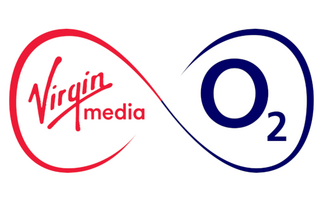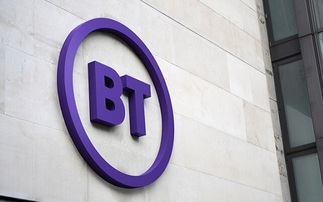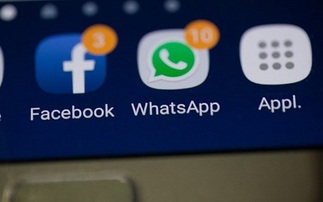Broadband 'an integral part to our everyday lives' says Juniper Networks
Three per cent of premises in the UK still receive internet speeds of less than 2Mbps, while 15 per cent have speeds no higher than 10Mbps, a new report from Ofcom has revealed. This shows that ...
To continue reading this article...
Join Computing
- Unlimited access to real-time news, analysis and opinion from the technology industry
- Receive important and breaking news in our daily newsletter
- Be the first to hear about our events and awards programmes
- Join live member only interviews with IT leaders at the ‘IT Lounge’; your chance to ask your burning tech questions and have them answered
- Access to the Computing Delta hub providing market intelligence and research
- Receive our members-only newsletter with exclusive opinion pieces from senior IT Leaders






















